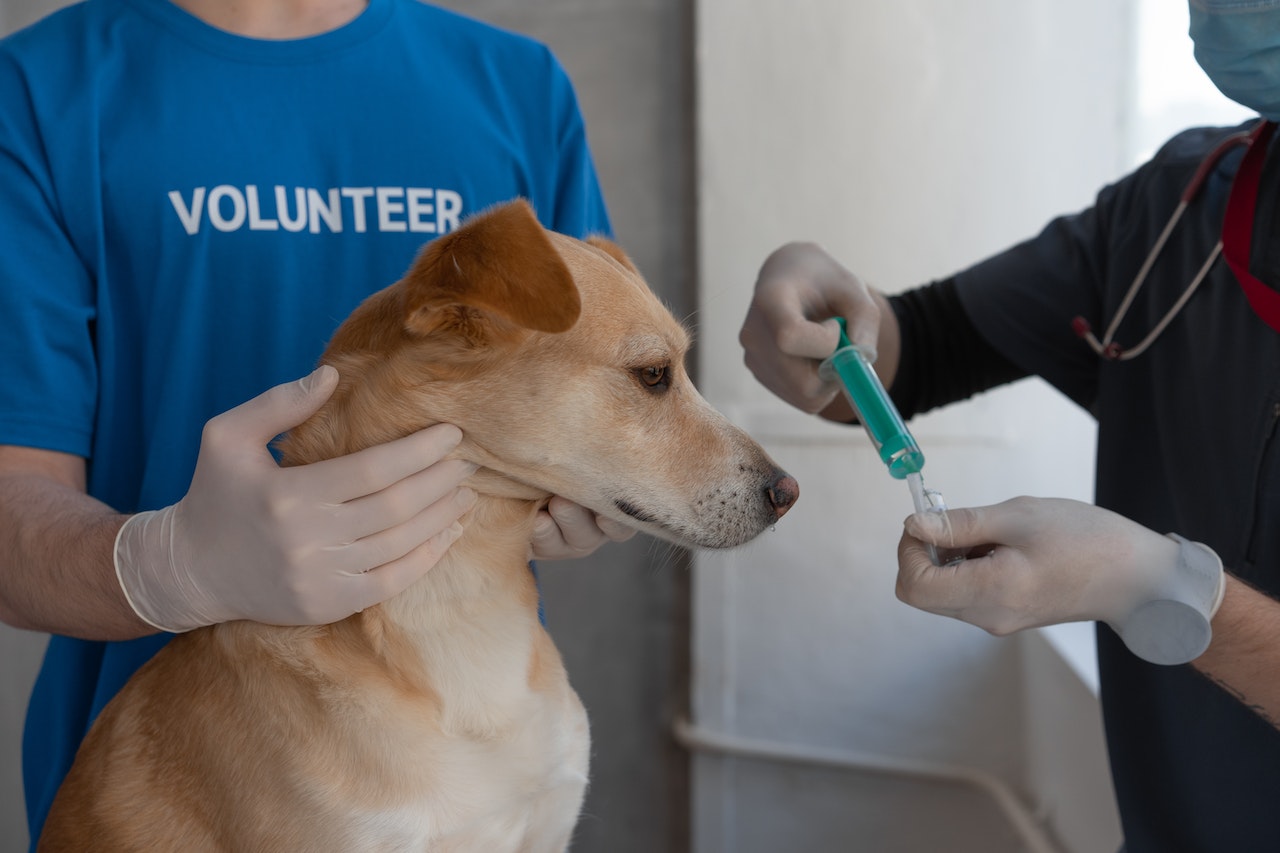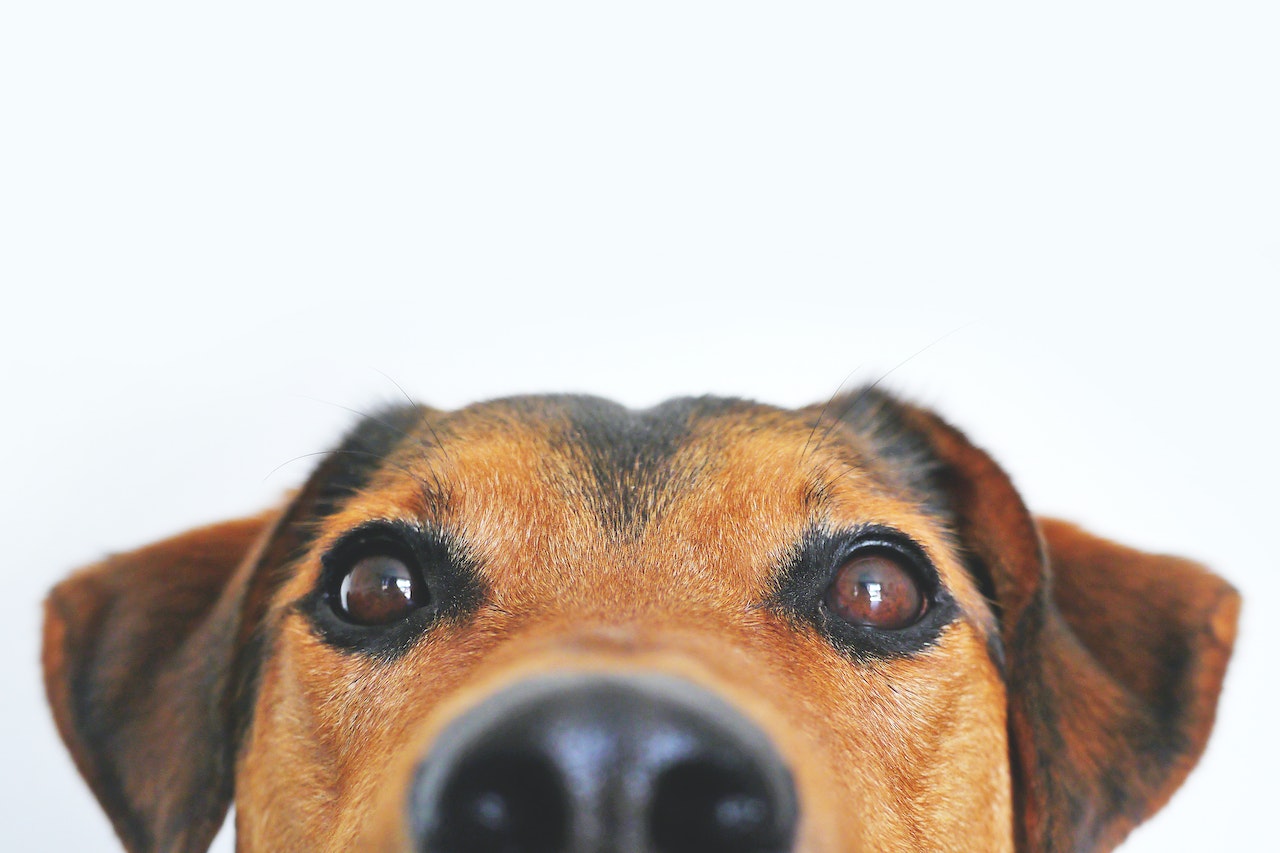
Dogs are beloved pets for many people, and owners strive to provide the best care for their furry friends. Part of this care includes ensuring that their pets are safe from harm, including the risk of choking. Choking in dogs is a serious concern, and understanding the causes and prevention measures can help owners protect their pets.
What is Choking in Dogs?
Choking occurs when an object becomes lodged in the throat or windpipe, blocking the airway and making it difficult or impossible to breathe. Choking can be a life-threatening emergency, and prompt action is required to remove the obstruction and restore breathing.
Can Dogs Choke?
Yes, dogs can choke, just like humans. In fact, dogs are particularly susceptible to choking due to their curious nature and tendency to chew on objects. Small dogs and puppies are at greater risk of choking because their airways are smaller.

Reasons Why Dogs Choke:
Dogs can choke on a variety of objects, including toys, bones, food, and other items. Here are some of the common reasons why dogs may choke:
Eating Too Quickly
Dogs that eat their food too quickly can inhale it, causing it to become lodged in their throat. This is a common problem among dogs, especially those that are greedy or anxious eaters. When dogs eat too quickly, they don't chew their food properly, making it easier for large pieces to get stuck in their throat.
Chewing on Objects
Dogs have a natural urge to chew on things, and this can sometimes lead to choking. Dogs that chew on bones, sticks, toys, or other objects can accidentally break off small pieces that get lodged in their throat.
Obesity
Overweight dogs are at a greater risk of choking because their extra weight can put pressure on their airway. Additionally, overweight dogs are more likely to have respiratory problems, which can increase the risk of choking.
Brachycephalic Breeds
Brachycephalic breeds, such as pugs, bulldogs, and boxers, have short snouts and narrow airways, which can make it difficult for them to breathe. This makes them more susceptible to choking, especially when eating or chewing on objects.
Medical Conditions
Certain medical conditions, such as tumors in the throat or an enlarged heart, can make it difficult for dogs to swallow or breathe, increasing the risk of choking.
Collars
Collars that are too tight or poorly fitted can put pressure on a dog's throat, making it difficult for them to breathe. This is especially true for dogs that pull on their leash or wear a collar all the time.
Age
Older dogs are more likely to experience choking because they may have dental problems, a weakened immune system, or other age-related issues that make swallowing and breathing more difficult.

It's important to note that dogs can choke on anything, so it's essential to keep a close eye on them at all times, especially when they're eating or chewing on objects. Preventing choking is much easier than treating it, and taking steps to keep your dog safe can help you avoid a potentially life-threatening situation.
Preventing choking in dogs is crucial for their safety and well-being. Here are some tips to help prevent dogs from choking:
- Supervision: Always supervise your dog when they are eating or chewing on objects. This includes keeping an eye on them when they are eating their food, giving them treats, or playing with toys. If you notice any signs of choking, such as gagging or coughing, intervene immediately.
- Slow Feeding: Dogs that eat too quickly are at a higher risk of choking. You can help prevent this by using slow feeders, which are specially designed bowls that force dogs to eat more slowly. You can also spread out their food in a flat tray or use puzzle feeders to make mealtime more enjoyable and engaging.
- Size Appropriate Toys and Chews: Avoid giving your dog toys or chews that are too small or easily breakable. Choose toys that are size-appropriate for your dog's breed and size, and opt for chew toys that are durable and designed to withstand strong jaws. Avoid giving your dog cooked bones, as they can splinter and cause choking.
- Regular Dental Care: Dental problems can increase the risk of choking, as dogs with bad teeth are more likely to chew improperly or swallow large pieces of food. Ensure your dog gets regular dental check-ups and cleanings, and consider giving them dental chews or toys to help keep their teeth clean.
- Avoid Collars During Playtime: When playing with your dog, avoid using collars or harnesses that can get caught on objects or put pressure on their throat. Instead, use a harness or playtime-specific collar to keep them safe.
- First Aid Training: Learn basic first aid techniques for choking in dogs, such as the Heimlich maneuver, and keep a pet first aid kit on hand. This can help you act quickly in the event of an emergency.
- Regular Exercise: Regular exercise can help keep your dog healthy and maintain a healthy weight, reducing the risk of choking. A healthy weight can also prevent respiratory issues that can lead to choking.
Preventing choking in dogs requires diligence and attention to detail, but it is crucial for your dog's safety and well-being. By following these tips, you can help keep your furry friend safe and prevent a potentially life-threatening situation.
Concluding words
In conclusion, dogs are at risk of choking due to various factors, including the size and shape of the objects they chew on, eating too quickly, and underlying medical conditions. As pet owners, it is essential to take precautions and be vigilant to prevent choking in dogs. By supervising their eating habits and providing size-appropriate toys and chews, regular dental care, and exercise, you can significantly reduce the risk of choking. Additionally, it is important to know basic first aid techniques for choking and keep a pet first aid kit on hand in case of an emergency. With these measures in place, you can help keep your furry friend safe and healthy.



